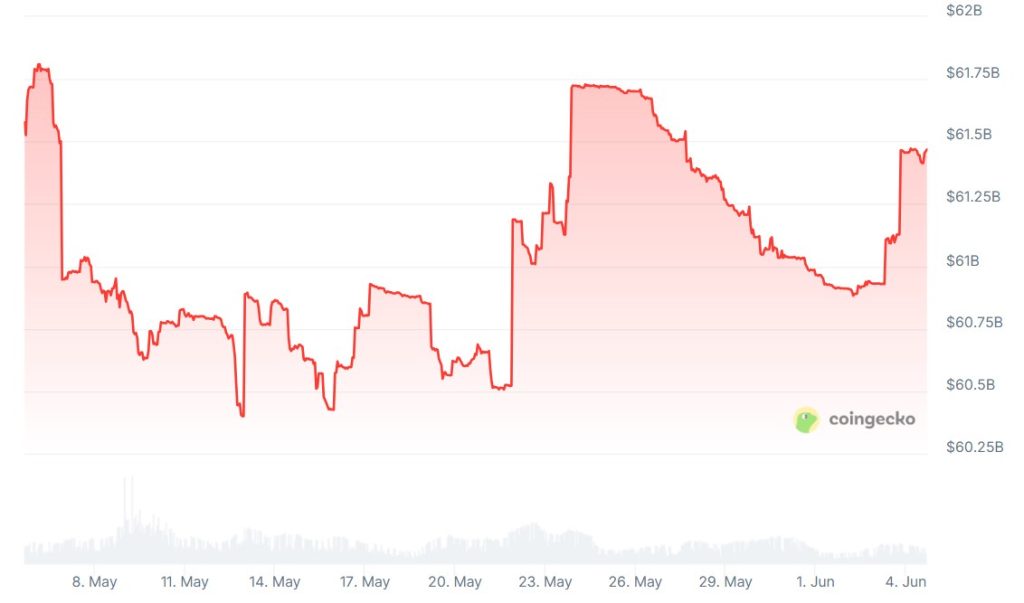As revealed by a recent Pew Research Center report, children’s mental health has emerged as the top … [+]
getty
In the face of the modern world’s increasingly complex challenges, mental health has become essential to well-being. Modern Health, a prominent global workplace mental health platform, has launched the Family Huddle Series initiative to address the growing concerns surrounding children’s and family mental health.
This series is aimed at helping families overcome the hurdles of mental health challenges, fostering open discussions, and providing practical strategies for building positive mental health habits. Spearheaded by Clinical Psychologist Dr. Sharon Adusei, who brings over a decade of experience in children and family mental health, the Family Huddle Series is poised to provide families with invaluable insights and tools.
A Pressing Concern: Children’s Mental Health
Kid’s hands holding happy, sad and unsatisfied paper faces.
getty
As revealed by a recent Pew Research Center report, children’s mental health has emerged as the top concern for parents. With statistics such as 57% of high school girls reporting persistent sadness and hopelessness in 2021, compared to pre-pandemic figures, it’s evident that the challenges children face have taken on new dimensions. The Centers for Disease Control and Prevention’s Youth Risk Behavior Survey highlighted this significant rise in mental health issues, reflecting the urgent need for proactive solutions.
A different Children’s Hospital Association study reported that mental health visits for 6-to-12-year-olds doubled between 2016 and 2019. In response to concerns about child mental health, the U.S. Preventive Services Task Force added a recommendation in 2022 for pediatricians to screen children for anxiety beginning at age 8.
In addition, a study by Oregon Health & Science University found a five-fold increase in suicidal overdoses among children 10 to 12 from 2010 to 2020, and the U.S. Census Bureau’s National Survey of Children’s Health found a 29% increase in anxiety among children 17 and younger from 2016 to 2020.
An Empowering Partnership
Osaka’s involvement in creating personalized meditations for different age groups, including five to … [+]
Getty Images
In response to this escalating crisis, Modern Health has teamed up with renowned tennis star Naomi Osaka to create an initiative that strives to make a meaningful impact. Osaka’s personal journey and commitment to mental health advocacy make her a poignant advocate for the cause. “Mental health has become more important to me over these past few years, and I’m excited to help develop evidence-based meditations for adults and children,” she shares. Osaka’s involvement in creating personalized meditations for different age groups, including five to seven, eight to eleven, and nine and older, underscores her dedication to equipping children with tools to navigate the complexities of their emotions.
Building Positive Mental Health Habits
Dr. Sharon Adusei, the driving force behind the Family Huddle Series, highlights the urgency of teaching children positive mental health habits. “With the rising youth mental health crisis, it is more important than ever to teach our children positive mental health habits,” she explains. “This includes focusing on quality interventions and helping kids build skills to manage ongoing stress at home, school, and around the world.” Through the Family Huddle Series, families gain access to practical guidance, meditations, and resources that facilitate essential discussions about mental health.
Empowering Strategies for Families
Dr. Sharon Adusei, the driving force behind the Family Huddle Series, highlights the urgency of … [+]
Modern Health
Dr. Adusei’s expert insights shed light on effective strategies to help children stay calm and regulate their emotions. She emphasizes the significance of emotional awareness, recommending activities such as pointing out different facial expressions in children’s books and labeling one’s emotions to foster emotional understanding. She also underscores the importance of catering to a child’s temperament when addressing mental health. Child temperament, which encompasses factors like emotionality and impulse control, is pivotal in shaping a child’s mental health journey.
The Plant Self-Care Guide: A Path to Thriving
Part of this initiative is the introduction of the Plant Self-Care Guide. This illustrative approach invites individuals to reflect on the factors that nourish them, their stressors, and how they respond to changes. By exploring this guide, families can identify their unique emotional and social needs, fostering a deeper understanding of how to thrive in the face of challenges.
Proactive Mental Health Awareness in the Home
Promoting mental health awareness and advocacy within the home is vital. Dr. Adusei likens this approach to teaching children about physical health. “Children should not have to wait until they are facing a mental health challenge to start talking and thinking about mental health,” she asserts. Parents create an environment where open communication and emotional well-being are prioritized by incorporating discussions about mental health as part of everyday conversations.
The Impact of a Parent’s Mental Well-being
It’s also important to highlight the link between a parent’s mental well-being and its impact on children’s mental health. “Better child mental health outcomes are associated with reductions in parent stress,” Dr. Adusei explains. “When parents invest in their own self-care and well-being, they model healthy behavior for their children and create a foundation for resilient mental health.”
A Call to Action: Meeting the Challenges Head-On
The alarming increase in childhood mental health challenges demands a collective effort to address and overcome this crisis. As society evolves, the importance of mental health awareness becomes even more critical.
The partnership between Modern Health and Naomi Osaka, along with the expertise of Dr. Sharon Adusei, exemplifies a forward-focused approach to nurturing emotional well-being in the next generation. Families can pave the way for healthier, more resilient futures through open dialogue, resources, and a commitment to proactive well-being.
Credit: Source link










